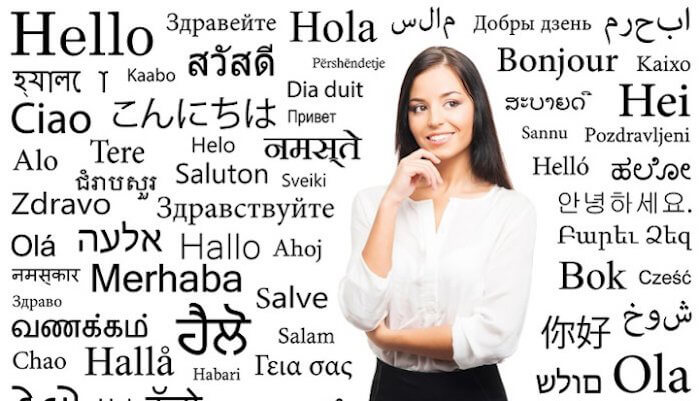
This Spring, we’re shining a spotlight on two of our translators to find out more about the type of people that make this industry tick. They also share their thoughts and insights on the future of the freelance translation business.
JULIE CROZIER
Julie has been in the business for 13 years, translating English into French. When Julie isn’t translating, she enjoys listening to podcasts, playing video games and spending time with her husband.
JOSIANE MARTIN
Josiane lives with her husband and son. She has been a freelance translator for over 20 years, and translates from English to French. Josiane spends her free time with family and friends, going to the movies and visiting museums.
What is the most rewarding part of your job?
JULIE: The variety of subjects that translation allows me to touch on, as well as the ability to set my own hours.
JOSIANE: The most significant thing is that you never stop learning. The texts I translate are from various fields and there is always a new word, or topic, to discover – and master – before translating it. There will always be something new to learn, even in your area of specialty.
… And the most challenging?
JULIE: I believe that most independent professionals would answer the same way: We love and fear the freedom that freelance work affords.
JOSIANE: To know how to manage high activity periods and those that are quieter. The calm periods are certainly more stressful than those when you have to meet deadlines, but they are also a good time to do administration and other tasks I always postpone.
In your opinion, what distinguishes between good — and not-so-good — translators?
JULIE: I believe that skills must be practiced and that a good translator must always be willing to learn.
JOSIANE: A good translator will act with professionalism and dependability. Usually he or she is a native speaker, has a good knowledge of CAT Tools, pays attention to detail, meets deadlines and has good communication skills. However, the quality of translations makes the difference. As I am also proofreader, I can see that some translators do not make the effort to do research on the subject matter, or they use translation software. These styles of work undermine the profession.
How has the business of freelance translation changed since you got into it?
JULIE: I think there is currently a sentiment that Artificial Intelligence (AI) might soon “take our jobs”, but I do not believe that. Languages have subtleties that I do not think AI can correctly interpret, yet.
There also seems to be push-back from some translators against CAT tools. I often hear colleagues bemoan being “forced” to use these tools, but I think that this is largely a generational issue. I have found that CATs, specially in technical translations, afford a level of precision and consistency that a “pen and paper” method could not hope to match.
JOSIANE: The market is increasingly competitive and there are more job-bidding websites. Nowadays, networking is indispensable, and it is vital to have a presence on social media. Some customers look for translators directly from social networks, which now seem to be the new recruitment method for many companies.
We’d love to hear from you! If you have any questions about becoming a freelance translator or comments about your experience as one, please get in touch! Contact
 English
English






